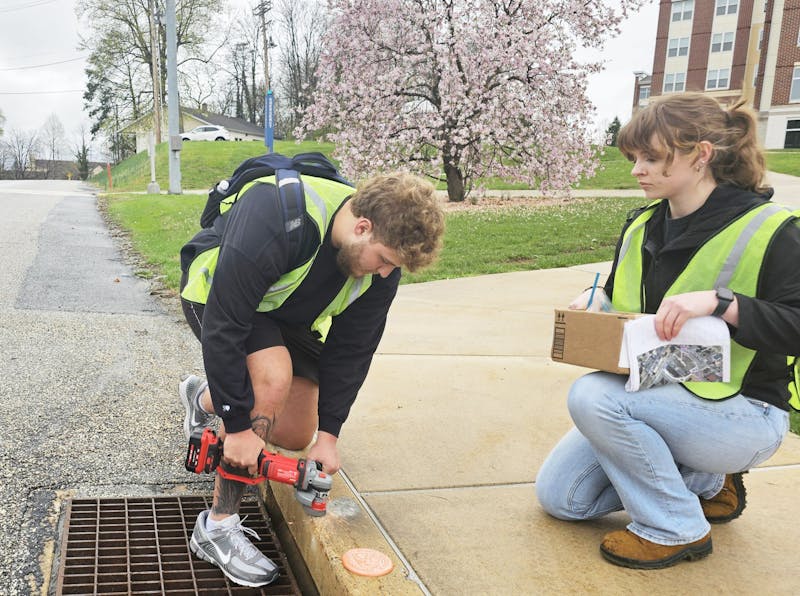Content Warning: This article contains references to sexual assault.
After nearly a year and a half of virtual learning, college students have now returned to the campus, some for the first time. However, this long-awaited return to living the college life, reuniting with friends and interacting with people face-to-face rather than through a computer screen also brings increased safety risks for students.
The “red zone” refers to the period from mid-August to November when new students are most vulnerable to sexual assaults. Around 70% of sexual assaults on college campuses occur during the first few weeks of being on campus, according to a 2016 study done by the Bureau of Justice Statistics Research and Development Series. This number largely affects freshman; however, with students being away due to COVID-19, there are now sophomores and transfer students who are coming to campus for the first time as well.
The “double red zone” is projected to include new freshman as well as sophomore students. Some new students who are adjusting to a new social environment are also susceptible to peer pressure, anxieties and may also be drinking alcohol for the first time. An important factor to consider is many of these new students lack the knowledge about the campus services, resources and support systems to build strategies for sexual violence prevention. The “red zone” also coincides with social events such as parties and rush events that create dangerous situations to students new to campus.
Here are some ways to protect from sexual assault:
Remain in a safe and secure environment.
When traveling elsewhere, travel with a group of friends and never go off on your own.
Never take a drink from anyone. Whether you know the person or not, you do not know what substance could have been placed in the drink while you were not present.
Take advantage of the resources on campus.
Familiarize yourself with the emergency button (phones that are also called “blue boxes”) that are placed throughout campus.
Know your comfort zone. If at any moment, you feel uncomfortable or have a bad feeling, know you have the right to leave that situation.
Warning signs of abuse and sexual assault include, but are not limited to, being fed too many drinks, getting pushed past boundaries and comfort levels, someone getting you alone without your consent and anyone engaging in any physical activity while you or someone else is unable to consent due to intoxication.
Many students on campus expressed that more should be done on prevention on the side of the perpetrator. This includes consent education, public outreach and healthy masculinity education. If any student has questions or concerns, the Women’s Center on campus, located on the first floor of Horton Hall, is available for confidential discussions, support and education. The services and support at the Women’s Center are available to all students. Phone: 717-477-1790, Email: womenscenter@ship.edu.
With this large portion of incoming new students, it is more important than ever for Shippensburg University to take a proactive stance to ensure a safe environment for all students.
Find campus resources at:
womenscenter@ship.edu.
www.ship.edu/life/campus-safety/police/
www.ship.edu/about/offices/EIC/title_ix_statement/


The Slate welcomes thoughtful discussion on all of our stories, but please keep comments civil and on-topic. Read our full guidelines here.